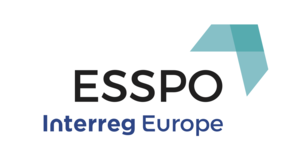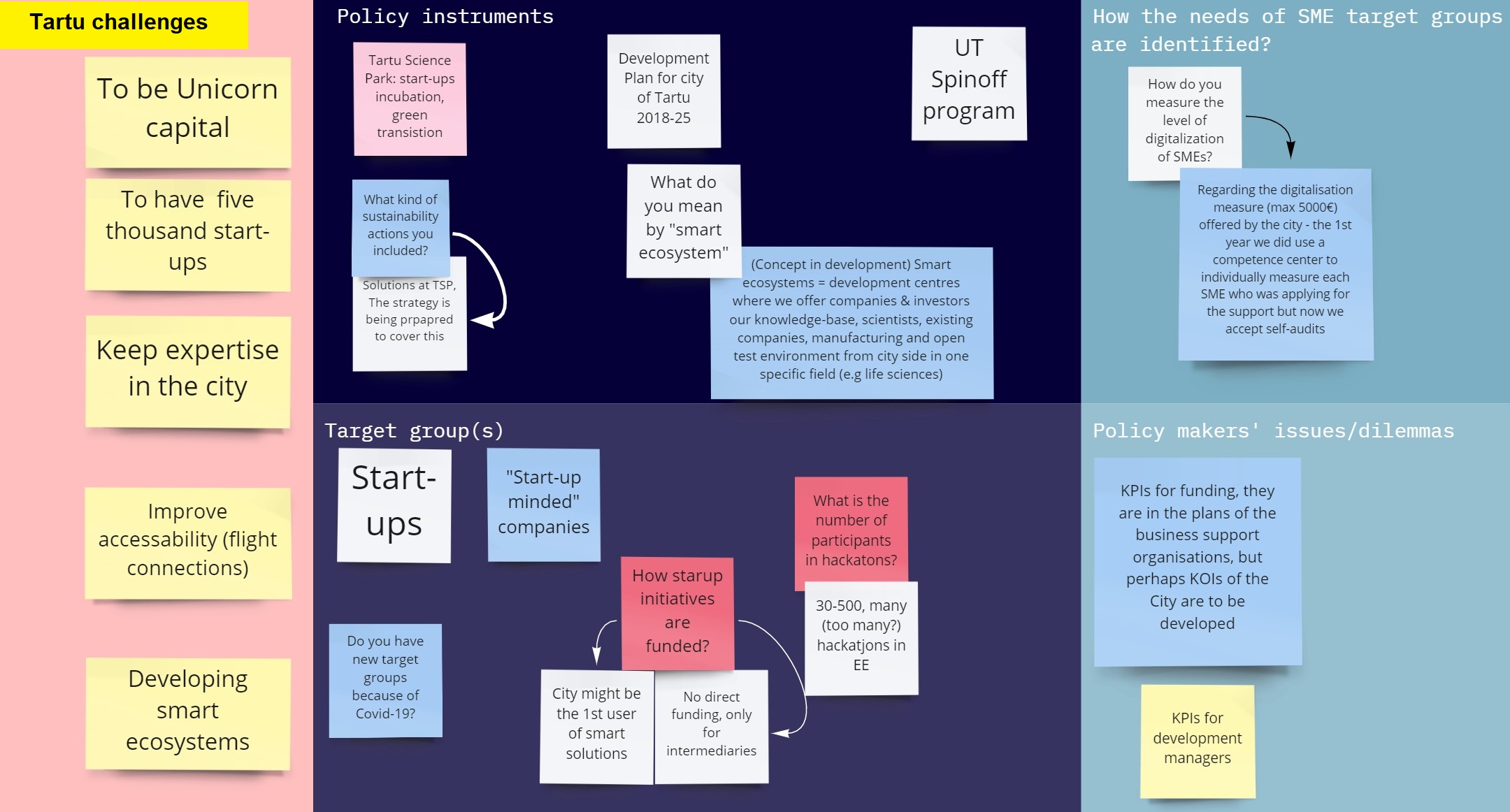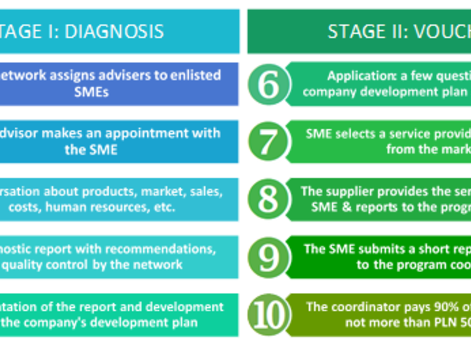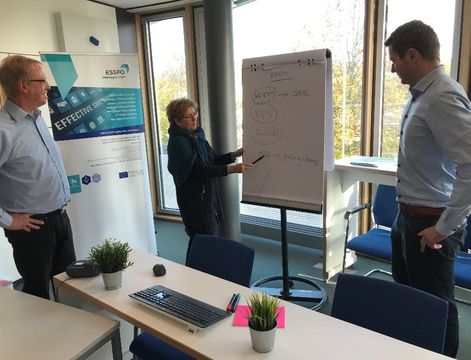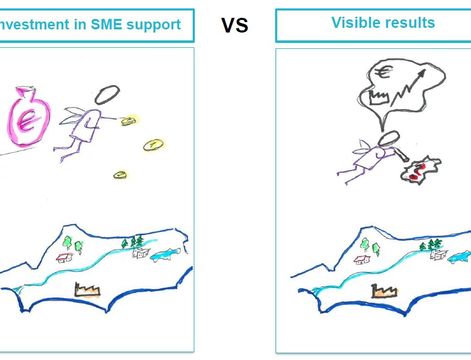How to evaluate the effects of intervention in SMes? How to reduce the bureaucracy in policy instruments implementation? How to understand SMEs needs? How to create the effective communication system between authorities, intermediaries and SMEs? These were some of the questions that were raised in issue mapping workshop on 23-24 January in Lille (Hauts-de-France ) where ESSPO partners started to work on finding answers to improve their regional policies and instruments focused on economic development and searching for good practices in Europe.
Having exchanged of peer reviewers’ conclusions, the first step of the workshop was to define the main problems in regions and group them into topics for task forces. Desislava Koleva from Gabrovo Municipality and Esteban Pelayo of EURADA moderated this part of the workshop and succeeded to achieve the partners’ agreement on four main, common task forces (TF|), which are:
• Innovation network and communication among stakeholders– leader - Elżbieta Książek (Wielkopolska, Poznan Science and Technology Park)
• Monitoring, evaluation of SME support instruments and communication- leader – Daniela Tchonkova (Bulgaria, ARC Fund)
• Identifying SME needs and communication between SME’s and public sector – leader – Vaido Mikheim (Estonia, Tartu Science Park)
• Implementation, bureaucracy and communication – leader – Dieter Meyer (Hameln-Pyrmont// Weserbergland)
Each of the formed task forces has its leader whose role is to continue the work according to the framework discussed with TF participants.
The first conclusions highlighted by the Partners during the workshop are:
- SME needs is not simply about asking SMEs what are their wishes, but requires serious discussion about the issues that are key for their development.
- There is no such a target group for support as “SMEs”, as it is not a homogenous group, the types and needs differ much. The instruments must be much more precise in targeting of specific segment of SMEs whether they are differentiated by their industry, their life/maturity phase or something else. The policy makers must be able to profile the different segments knowing their population, place in the international value chain as well as management and market characteristics.
- Understanding SMEs’ needs i.e. the segment characteristics and key development issues is necessary public administration at every stage of policy cycle, not only when designing the instrument,
- There is key question who – public administration or intermediaries, should monitor and collect the data on SMEs, who analyze this data and in what form the results should be forwarded to policy owner for data-based decision making process.
- The fact that there are more than needed applicants for specific support instrument does not mean that it reaches the very target group it intends to. There is a need for better reach of potential beneficiaries in most of the regions.
- Using „the same language” by all the parties of the innovation system is necessary in order to communicate their needs and expectations in understandable way throughout whole ecosystem.
- Despite the fact that discussion about reducing the red tape in policy instruments started about 20 year ago, still this area needs to be improved.
- Business support organizations should act as collaborative innovation network. Many regions get awareness that management of large networks (100+ actors) is key, while some others decide to shut them in search of budget savings.
- Communication is the important, horizontally considered element in policy instruments implementation, that’s why is common issue in all of the formed task forces.
The next step is group work on dedicated task forces in order to give deeper analysis of the identified problems and to propose concrete solutions. The effects of the work will be presented during the next Parters’ meeting in June in Tartu.
